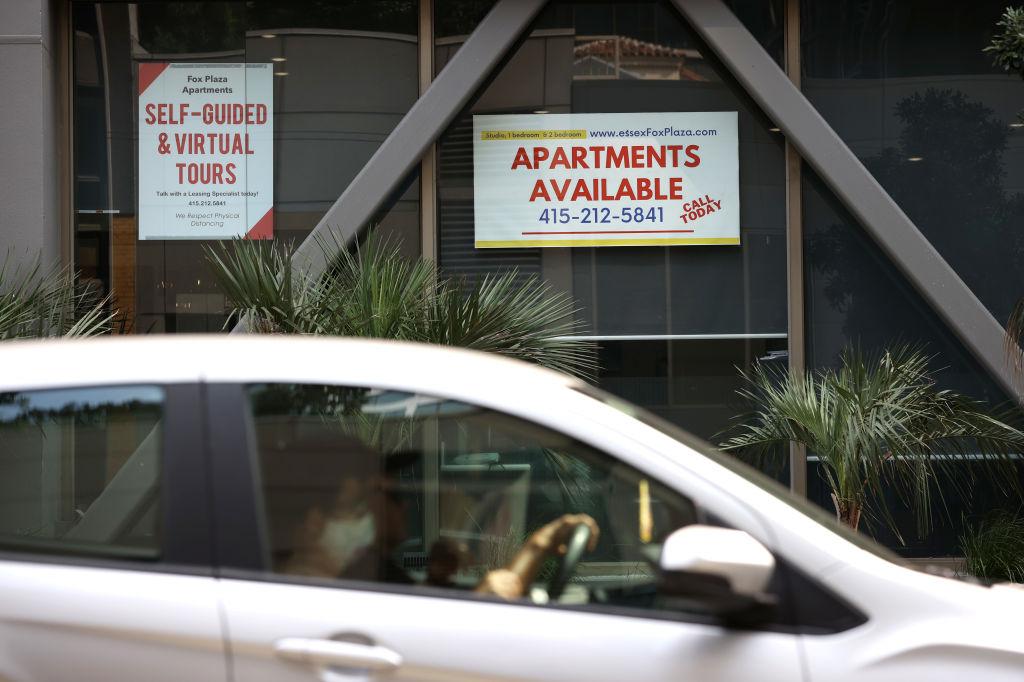California may soon set a new maximum security deposit a landlord can charge with a proposed bill that would reduce the state’s current two month’s rent requirement for unfurnished apartments and three months for furnished ones.
Assembly Bill 12, authored by Assemblyman Matt Haney (D-San Francisco), would mandate landlords only charge a maximum security deposit of one month’s rent in both cases, according to the bill’s text.





